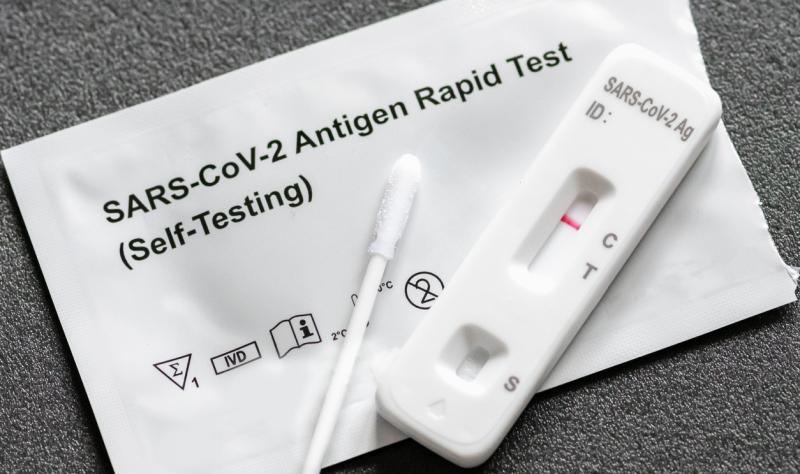The Centers for Disease Control and Prevention (CDC) recently highlighted an uptick in cases of the FL.1.5.1 COVID-19 strain, sparking renewed concern among health officials and the public. This variant, part of the Omicron lineage, has shown a steady increase in its prevalence across the United States, warranting close monitoring and a proactive response to curb its spread.
What is FL.1.5.1 Variant
The FL.1.5.1 variant is a sub-lineage of the Omicron variant, which has been the dominant strain globally due to its high transmissibility and ability to partially evade immunity from previous infections and vaccinations. Like other Omicron sub-variants, FL.1.5.1 carries mutations in the spike protein, which the virus uses to enter human cells. These mutations potentially enhance its ability to spread and may slightly alter the effectiveness of current vaccines and treatments.

Current Statistics and Trends
According to the latest CDC data, the FL.1.5.1 variant has been detected in multiple states, with a noticeable rise in its case numbers over the past few weeks. Health experts are particularly vigilant as the variant’s spread coincides with the typical respiratory virus season, which can exacerbate healthcare challenges.
Why FL.1.5.1 Spreading
Several factors contribute to the spread of the FL.1.5.1 variant:
- Increased Transmissibility: As with other Omicron sub-variants, FL.1.5.1 is highly transmissible, making it easier to spread through populations.
- Immune Evasion: The mutations in the spike protein may help the virus evade immune defenses, including those provided by previous infections or vaccinations.
- Behavioural Factors: The relaxation of public health measures, such as mask mandates and social distancing, coupled with increased travel and indoor gatherings, has facilitated the spread of the virus.
Impact on Public Health
The rise in FL.1.5.1 cases underscores the importance of maintaining vigilance against COVID-19. Although the severity of illness caused by this variant appears to be similar to other Omicron sub-variants, its rapid spread can still lead to significant numbers of hospitalizations, especially among vulnerable populations.
CDC Recommendations
In response to the increasing prevalence of the FL.1.5.1 variant, the CDC has reiterated several key recommendations:
- Vaccination: Staying up to date with COVID-19 vaccinations, including booster doses, remains crucial. Vaccines continue to offer strong protection against severe illness, hospitalization, and death.
- Testing and Isolation: Individuals experiencing COVID-19 symptoms or those exposed to the virus should get tested and follow isolation guidelines to prevent further transmission.
- Preventive Measures: Wearing masks in crowded indoor settings, practicing good hand hygiene, and maintaining physical distancing where possible can help reduce the spread of the virus.

Future Outlook
The CDC and other health agencies are closely monitoring the FL.1.5.1 variant and its impact on public health. Ongoing research aims to understand more about its characteristics and inform updates to vaccines and treatment protocols as necessary.
The rise of the FL.1.5.1 COVID-19 variant serves as a reminder that the pandemic is not over, and vigilance is key. By staying informed and adhering to public health recommendations, individuals can contribute to controlling the spread of this and other COVID-19 variants. As we navigate this evolving situation, collective efforts in vaccination, testing, and preventive measures will be pivotal in protecting public health and preventing another surge in cases.





